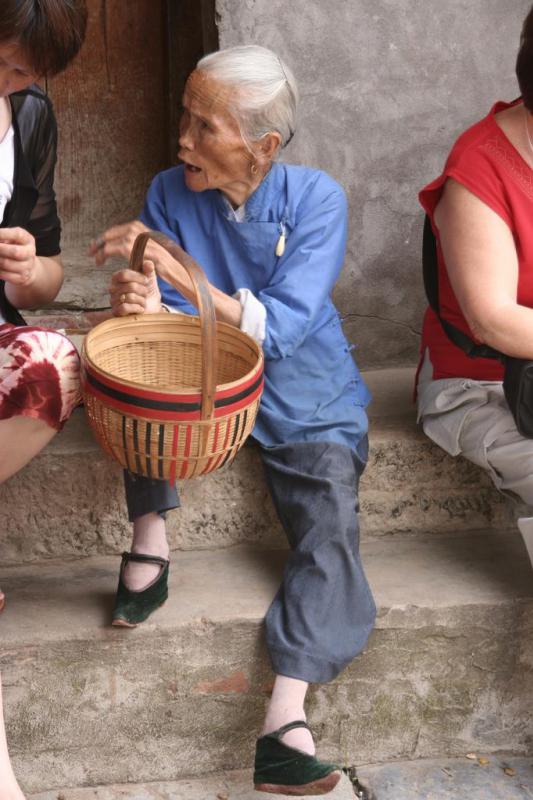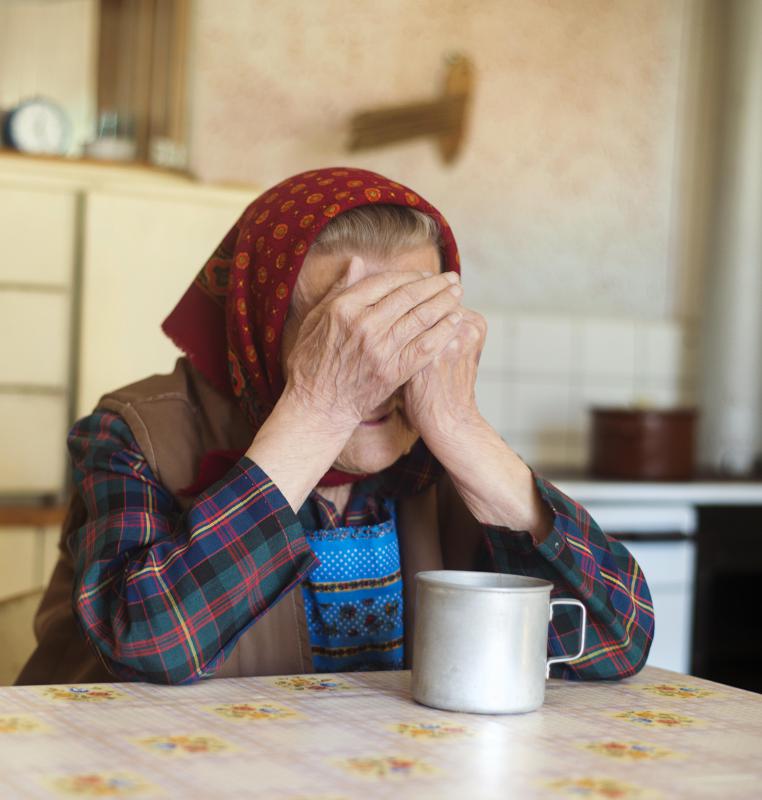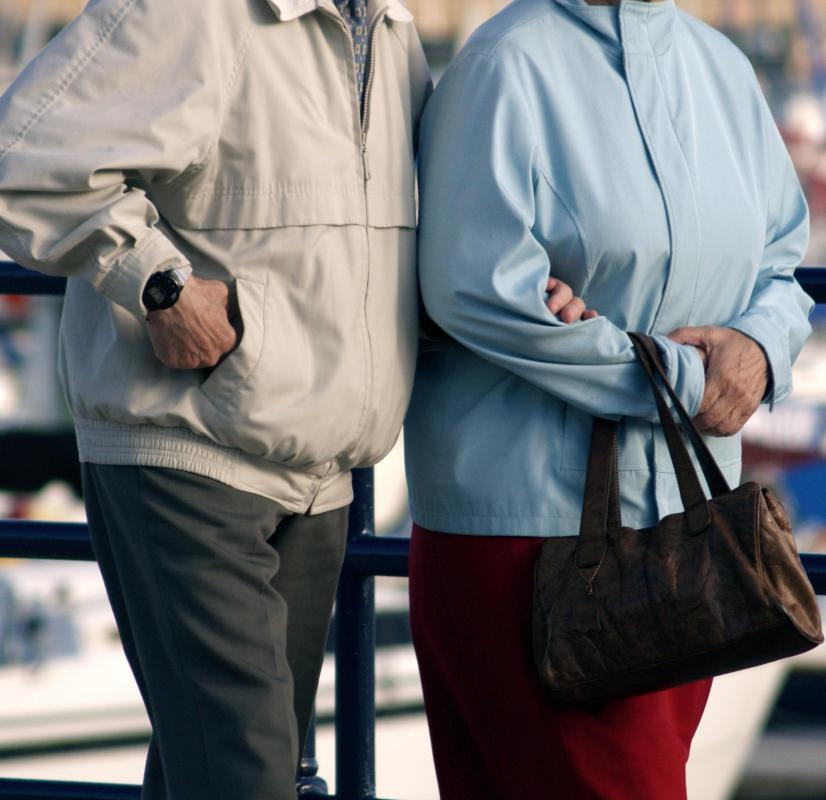At MyLawQuestions, we're committed to delivering accurate, trustworthy information. Our expert-authored content is rigorously fact-checked and sourced from credible authorities. Discover how we uphold the highest standards in providing you with reliable knowledge.
What is Ageism?
Ageism is a form of discrimination which is based on someone's chronological age. Many people use this term specifically to refer to discrimination against older people, but ageism can strike people of all ages. Like other forms of discrimination, ageism can be extremely harmful, especially when it is viewed as culturally normal and acceptable. In some regions of the world, campaigns to fight ageism have been initiated in an attempt to educate people and stamp out ageism.
The term was coined in 1969 by Robert Butler, who likened discrimination against the elderly to discrimination on the basis of gender, creed, or ethnic identity. He hoped that by creating a specific term to discuss age discrimination, he could bring such a discussion out into the open, making people more aware of it. By defining ageism, he also made it possible to create legislation which is designed to make it illegal.

Like other “-isms” such as racism and sexism, ageism often involves heavy stereotyping. For example, someone may think that older people make poor employees because of their perceived fragility, or that a young person would not make a good employee because he or she would be irresponsible. Often, such stereotypes are heavily reinforced in the community at large, with people internalizing values, beliefs, and norms which support age discrimination.

Ageism in the workplace is a serious issue for many elderly and youth activists. Seniors often face hiring discrimination because employers think that they are not worth training, or not fit to perform a job, while young people often find themselves marginalized when they seek employment. Some people refer to ageism in employment as “adultism,” referencing the preference for “adults” in the workplace. However, “jeunism,” discrimination in favor of the young, can also strike; some workplaces, for example, want to have younger staffs because they think young people are easier to control, more attractive, or because they think that a young staff will appeal to their target demographic.

Both seniors and children are marginalized in many societies. Seniors, for example, are presumed to be incapable of making decisions because of their advanced age, while children are not allowed to make choices because they are perceived as too young. Some regions of the world have laws which are considered ageist by activists, such as laws limiting the drinking age, or laws mandating retirement at a specific age.

Ageism can be difficult to fight. Recognizing and combating ageism in yourself is an important first step, as is discussing the issue with the people around you. By making people more aware of ageism as an issue, you can help to reduce the amount of ageism in your community and society at large.
AS FEATURED ON:
AS FEATURED ON:

















Discussion Comments
I have to agree with Post 10. I've had 25 years of experience in an office setting and I hate it now. I'm now in retail full time, instead of part time for seven years, and it is way better and the wage is about the same. I don't get the thrill of the backstabbing micromanagement office filled with young people who want to socialize all day long but are considered valued employees.
Leonidas - Yeah, right. A lot of adults of any age and gender have difficulties in performing more manual labor type of jobs. In fact, many young people are very lazy even when it comes to white collar push a pencil type of jobs. By the way, I have 25 years of experience in office jobs, and I'd rather chew on nails than go to one again.
A significantly higher percentage of young people have a kind of condescending way of treating people older themselves as either sweet and "cute", ignoring them, or being very impatient. This behavior is just as bad as being a curmudgeon but is tolerated as long as the person is under 35. Bad behavior in the young is tolerated a lot more than similar bad traits in older people.
Thinking older people are cute is ageism! They are not children or puppies. They are workers, parents, artists, academics, etc. with life experience and should be respected.
What do you think triggers a preference to the younger adults as opposed to the elderly?
My question is: Is is ageist to be repulsed by behavior that is typically (and probably correctly) attributed to advanced age? So for (a hypothetical) example, if one worked in food service and noticed that a significantly higher percentage of old people have a kind of andy-rooneyesque curmudgeonly way of treating people younger than themselves (people born since the Taft administration), would it be ageist to hate those people? Not hate all old people, but some old people because they are old?
i hate ageism, and it shouldn't exist. old people are really cute.
The sociological implications of ageism are that ageism prejudice and discrimination will cause people to be put out of work at a certain time in their lives. If this kind of "forced retirement" comes with a lack of funding and ability to function in the society, the elderly will be pushed into a dark corner or nursing home and forgotten.
Young people such as teenagers usually do not possess the expertise for a high level job, but this was not always the case. Back before teens were stereotyped as lazy and rebellious, there was no "teenage" years. You were either a child or an adult, and your teenage years usually comprised the beginning of responsible adulthood. When modern day adults look down on or distrust teens, they effectively buy in to the modern definition of incompetence.
I think that if someone is old or disabled, they probably shouldn't be considered for a job that requires extensive physical labor. The fact is, they just can't do it. This isn't unnecessary discrimination, it is discernment. A wise leader just won't hire someone unless they can do the job.
Post your comments